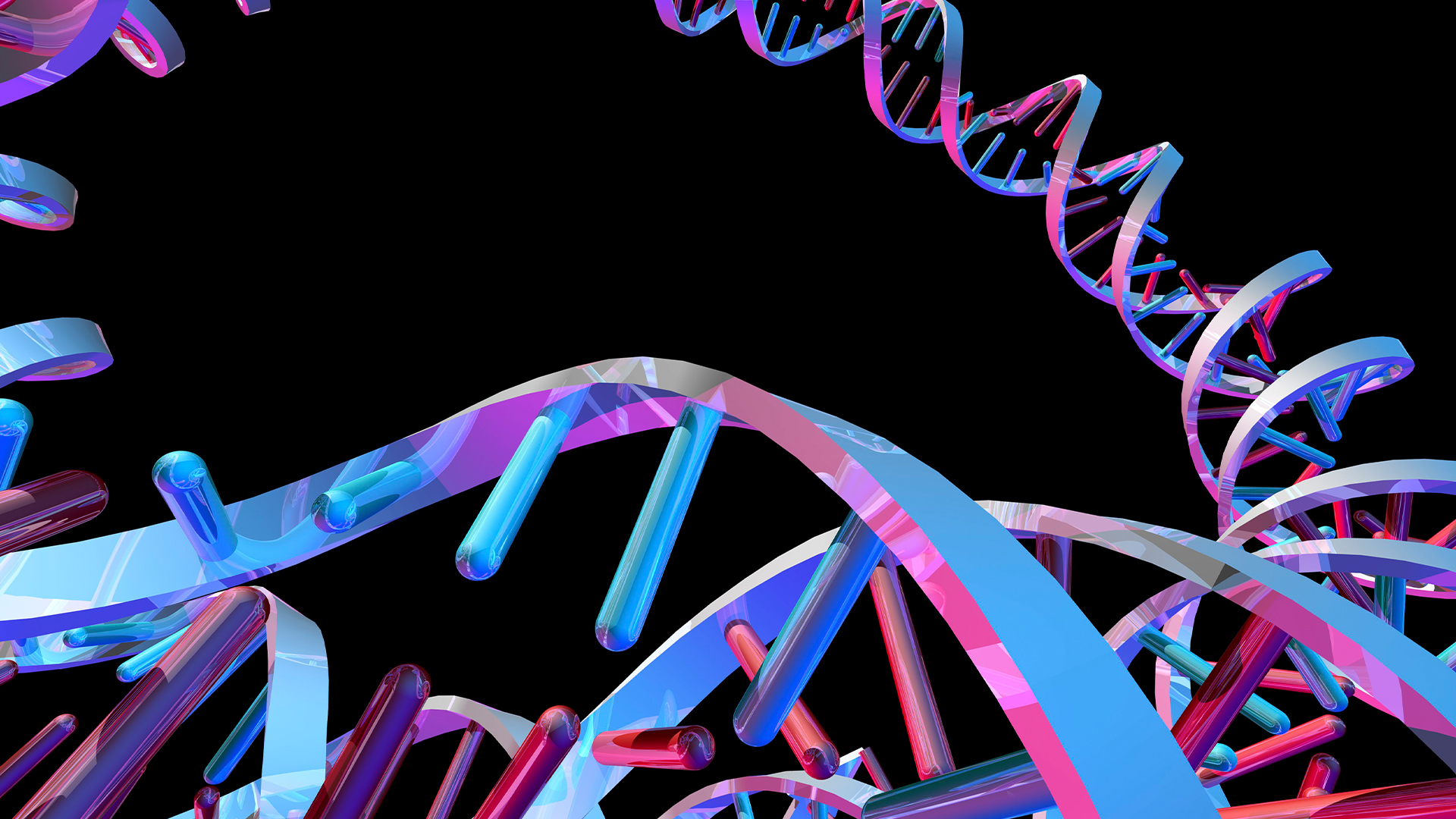Gene variant guards against Parkinson's and could lead to therapies
A study uncovers the likely reasons why a rare genetic quirk is tied to protection against Parkinson's disease.

People who carry a rare gene variant are about half as likely to develop Parkinson's disease than people who carry a different version of the gene, a new study finds.
Researchers have started to unravel exactly how this genetic quirk might protect against Parkinson's — by preserving the function of a crucial enzyme needed for cells' metabolism and survival. Someday, a better understanding of the protective mechanism could lead to new treatments for the disease, scientists wrote in the report, published Jan. 3 in the journal Molecular Psychiatry.
"This study advances our understanding of why people might get Parkinson's and how we might develop new therapies for this devastating disease," senior study author Dr. Pinchas Cohen, dean of the University of Southern California (USC) Leonard Davis School of Gerontology, said in a statement.
Parkinson's disease emerges when movement-controlling cells in the brain die off over time. The loss of these neurons causes the well-known movement symptoms of the disease, such as tremors, muscle stiffness and impaired balance, as well as lesser-known symptoms, including emotional changes, sleep disturbances and cognitive decline.
Scientists don't yet fully understand what triggers the neuron loss in Parkinson's, but the dysfunction of mitochondria, the powerhouses of cells, has long been considered a hallmark of the disease. The gene variant uncovered in the new study is related to the function of mitochondria, underscoring the importance of this connection.
The majority of our DNA lies tucked away in cells' control centers, or nuclei, but mitochondria actually carry their own set of DNA that's passed down from mother to offspring. In previous research, Cohen and colleagues found that a tiny protein made in the mitochondria, called SHLP2, appears key to the powerhouses' function and declines with age. Later, other researchers found that certain versions of the gene for SHLP2 are tied to a lower Parkinson's risk, but it wasn't clear why.
Get the world’s most fascinating discoveries delivered straight to your inbox.
So Cohen and his collaborators zoomed in on the SHLP2 gene in their latest study.
First, they screened for different versions of the gene in the mitochondrial DNA of thousands of people who participated in three large, long-term studies: the Health and Retirement Study, the Cardiovascular Health Study, and the Framingham Heart Study. The protective version of SHLP2 appeared in 1% of these individuals, all of whom were of European ancestry, and it was associated with half the chance of Parkinson's disease, compared with other versions of the gene.
Through experiments with human cells in lab dishes and additional tests with mice, the researchers found that the gene variant likely boosts both the stability and the prevalence of the SHLP2 protein. These changes, in turn, prevent dysfunction in a key enzyme in mitochondria, they found.
Together, the researchers' results suggest that a potential treatment strategy for Parkinson's could involve supplying cells with this super stable, protective SHLP2 protein, to help keep their mitochondria working. But this idea will require much more research to confirm.
"Our data highlights the biological effects of a particular gene variant and the potential molecular mechanisms by which this mutation may reduce the risk for Parkinson's disease," first study author Su-Jeong Kim, an adjunct research assistant professor of gerontology at the USC Leonard Davis School, said in the statement.
"These findings may guide the development of therapies and provide a roadmap for understanding other mutations found in mitochondrial microproteins," she said.
This article is for informational purposes only and is not meant to offer medical advice.
Ever wonder why some people build muscle more easily than others or why freckles come out in the sun? Send us your questions about how the human body works to community@livescience.com with the subject line "Health Desk Q," and you may see your question answered on the website!

Nicoletta Lanese is the health channel editor at Live Science and was previously a news editor and staff writer at the site. She holds a graduate certificate in science communication from UC Santa Cruz and degrees in neuroscience and dance from the University of Florida. Her work has appeared in The Scientist, Science News, the Mercury News, Mongabay and Stanford Medicine Magazine, among other outlets. Based in NYC, she also remains heavily involved in dance and performs in local choreographers' work.
 Live Science Plus
Live Science Plus





